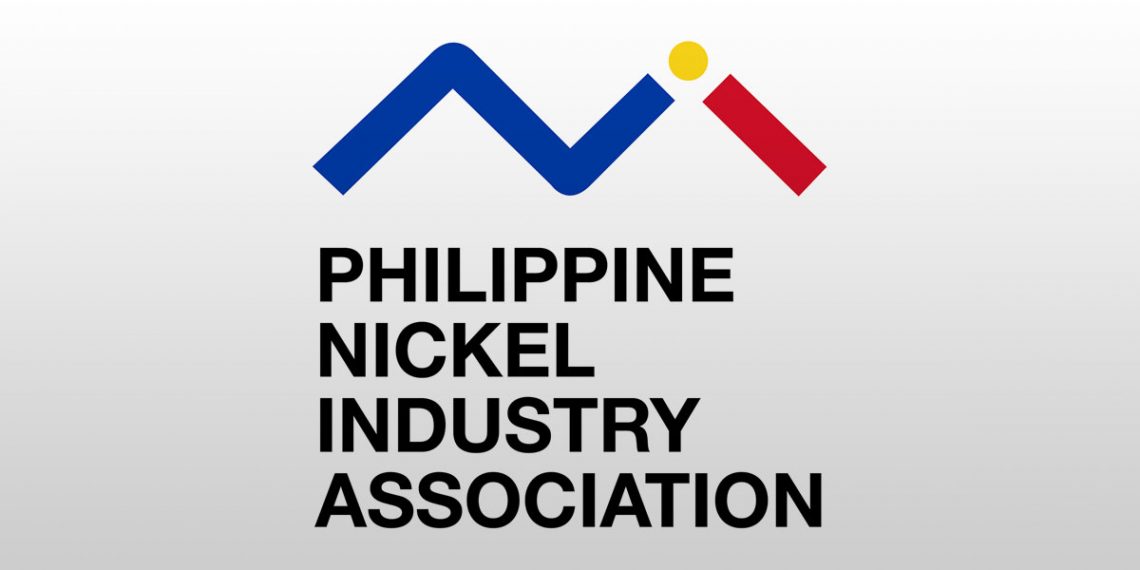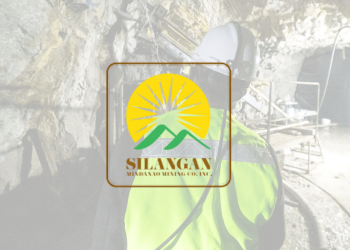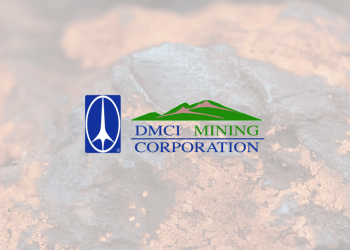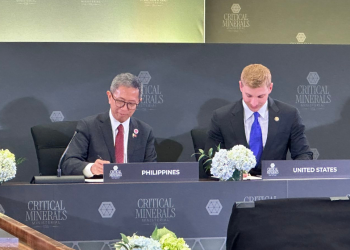Amid strong interest from potential industry investors, the Philippine Nickel Industry Association (PNIA) is targeting the establishment of a one-stop shop program to hasten the approval process of permits, PNIA President Atty. Dante R. Bravo said.
In a report by the Manila Bulletin, Bravo said that in luring more investment opportunities and boosting the growth of the mining industry, the predictability in governing regulations and simplified business processes are considered crucial factors commonly raised by industry players, as revealed during discussions.
Bravo added that investors should be convinced that the business environment is equipped and conducive to investment opportunities.
The standardization of fiscal regime, harmonization of national and local mining regulations, and monitoring and evaluation of policies that protect the environment are among the mentioned areas for reform.
The PNIA official also explained the value-added processing cannot be pushed through without minimizing the gravity of uncertainties in the exploration and extraction of minerals, as these are integral parts of the minerals development value chain. Thus, mining permits need to be approved efficiently, award contracts need to be allowed to operate smoothly under a predictable, rules-based regulatory regime, he added.
PNIA expressed its readiness to support the ongoing review of Environmental Protection and Enhancement Programs (EPEP), and the Social Development and Management Programs (SDMP) to the Department of Environment and Natural Resources (DENR) and to the Mines and Geosciences Bureau (MGB).
As part of the PNIA’s comprehensive partnership proposal with the government, it has also revived its offer to extend help in making the country’s nickel industry more globally competitive and attractive to investors through drafting the industry blueprint that consists of the institutionalized private-public dialogue mechanisms, conduct scientific studies on the Philippines’ nickel reserves and applications, and explore research and development on viable alternatives in nickel processing technologies.
According to PNIA Chairman Antonio L. Co, the said industry blueprint will serve as a guide in outlining mitigation measures against risks that could alarm investors. This will be in need of consultation and inputs from numerous stakeholders and other industries to be inclusive of the value chain of nickel minerals development: mineral extraction, nickel processing, and downstream application in finished products.
PNIA also emphasized that the nickel industry blueprint should have a strong sustainability component and should provide credible data on the economic potentials of the Philippines’ nickel reserves, while determining the necessary guidance in terms of global nickel production and processing trade, providing prescriptions in addressing the complex policy and regulation issues, and establish the industry development effort timeline.
In 2022, the Philippines was among the top nickel producers globally, producing over 11 million dry metric tons of nickel.
The latest MGB data revealed that 33 out of 56 operating metallic mines in the Philippines are nickel mines.














